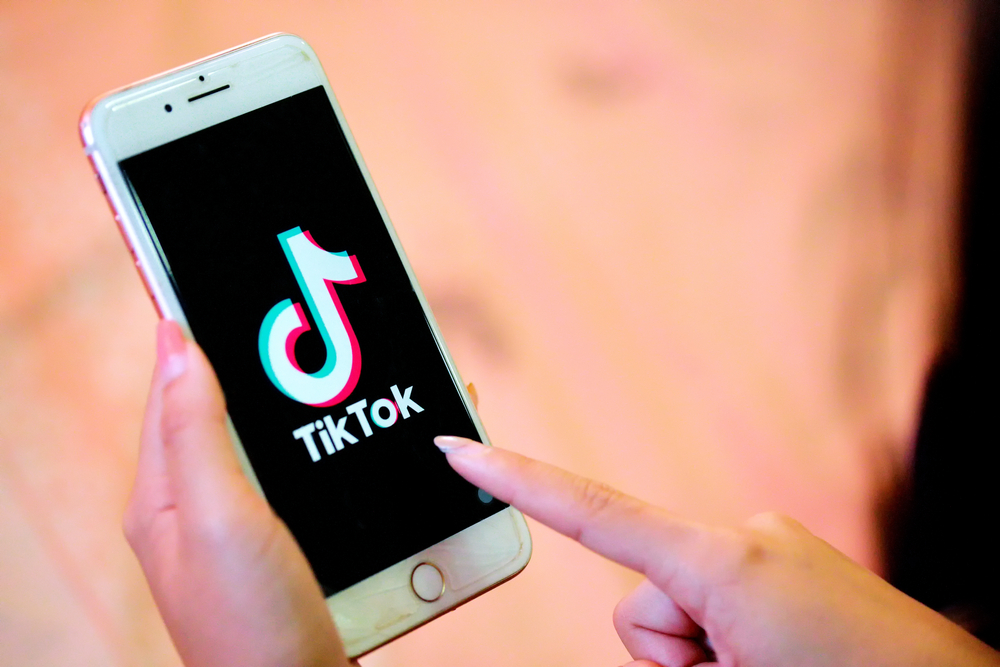
A US regulator recently warned lawmakers that military troops and their family members who use the video-sharing app TikTok could actually be jeopardizing national security. Although the military services, overall, have banned the use of TikTok on official government-issued mobile devices, active troops and their family members do use the app on their personal mobile devices.
Senior Republican on the Federal Communications Commission Brendan Carr warns that this simple choice could pose a national security threat. After all, Beijing-based ByteDance owns TikTok, and there is an immense amount of non-public sensitive data that Americans upload through the app. This means all of this data could easily flow through the Chinese government.
At a recent hearing to discuss the issue, Carr said, “With TikTok, this is a device right in your pocket. It’s going inside the military installation, looking at location data, which can give people information on troop movements. There’s a range of ways that the sensitive data going back to Beijing with their sophisticated [artificial intelligence] can ultimately be used to harm US national security.”
He warns that TikTok, as a company, has exhibited a consistent pattern of misrepresentation in regards to both the amount and extend of personal data it collects and also how much of this personal data has been accessed from inside China. Active duty military personnel and veterans can receive threats of varying severity from a broad scope of sources, but Carr warns that TikTok actually poses very unique national security risks.
Carr comments that the flow of all of this non-public sensitive data into the hands of the Chinese government is especially troubling. “At its core, TikTok functions as a sophisticated surveillance tool that harvests extensive amounts of sensitive data from search and browsing history, keystroke patterns, location data, and bio-metrics including face prints and voice prints. All of the concerns with TikTok are heightened in the military context.”
At the end of the day, Carr demands more action from the federal government to protect active duty families and veterans. Again, he is particularly concerned about the direct use of TikTok while occupying official military installations.
